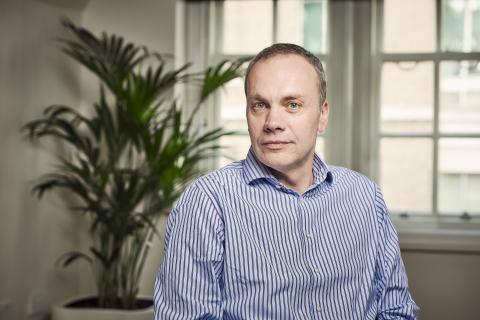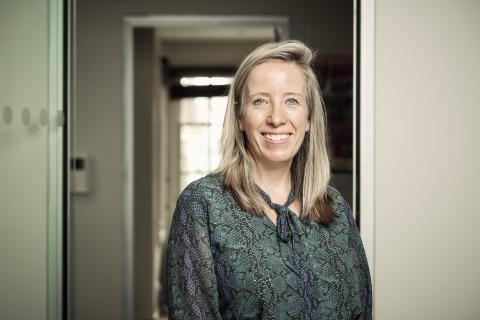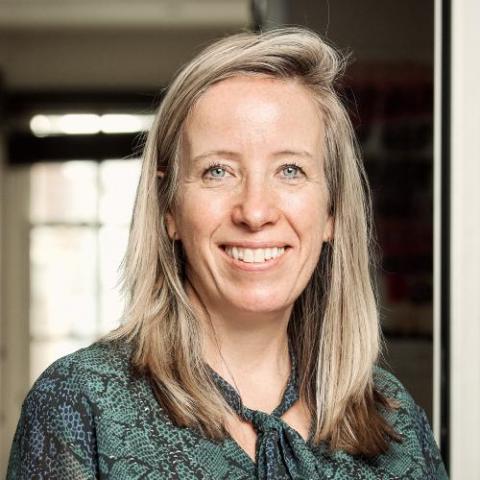Sanchit said “It's worth just dispelling straight away [the idea that] Amazon is purchasing Zoox to get into the robo-taxi game."
He added “Amazon spent $10.9bn in worldwide shipping costs. That's up from $7.3bn the same time last year. It's a massive cost, and it's only going to increase as they invest more in one-day shipping... with a fleet of electric autonomous vehicles they could service customers 24/7, and they don't need to worry about a driver being tired.”
James Barford was quoted in The Times on "Banning Huawei is easy... the hard part comes next"
13 July 2020James said “If you are telling operators they can’t buy from the biggest telecoms manufacturer in the world, that will impact the price you pay and quality of the equipment you buy."
Tom Harrington was quoted in The Times on "Make Me Famous brings BBC One audience to a new low"
2 July 2020Tom said that broadcasters such as BBC, ITV and Channel 4 faced losing viewers unless they could restart production of premium dramas quickly. “The linear television offering is much weaker than this time last year and it’s going to get weaker. People are going to go to a different option.”
Francois told the Financial Times the rebates would not fully offset Sky’s losses, which he estimated to be £623million ($800million) in total.
He also predicted that 80 per cent of customers have paused their sports subscriptions.
Claire noted Mr Davie was one of the most commercially experienced people to ever lead the BBC, a skillset that would be essential when dealing with the financial issues facing the broadcaster. “The actual management challenge of the BBC is not in the editorial space but in the survival of its financial fabric,” she added.



